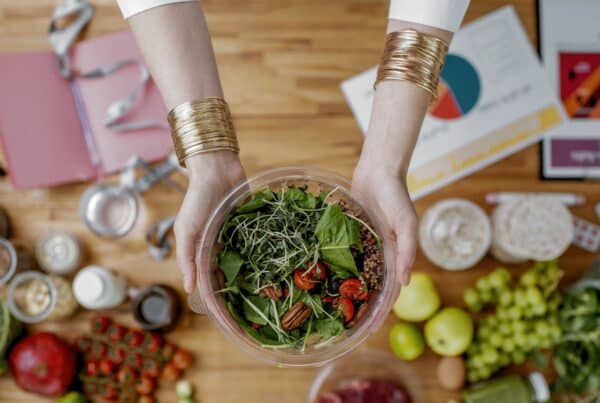School holidays are upon us (alongside the current isolation measures!) and many parents across Australia are searching for ways to keep their kids occupied. Sick of hearing the endless “Mum/Dad I’m boredddd” or the “I’m hungryyyy”? What better way to keep your kids busy than by enlisting their help in prepping a meal or snack?
Cooking with your kids will not only keep them busy but can also have a number of other benefits including:
- Encouraging children to try new foods
- Refining fine motor skills and hand-eye coordination
- Exploring and discovering using their senses
- Improving mathematic skills by applying concepts such as weight and fractions
- Expression of creativity through concepts such as food presentation and development of recipes
- Family bonding through the cooking process and sharing the meal
- Increases children’s self-confidence and independence. (Healthy Little Foodies, 2019)
Research supports this idea too, with studies showing that children involved in hands-on cooking activities demonstrated improved cooking skills and eating habits. In-home cooking has also shown higher intakes of key food groups include fruit and veggies and a lower intake of high-fat foods and sugary drinks. Several studies have also shown that kids who are involved in the cooking process are more willing to try and enjoy fruit and veggies. (Journal of Nutrition Education and Behaviour, 2019)
So, kids are more likely to have a healthy diet and enjoy more fruit and veg? Getting them involved really is a no brainer! Just be prepared for a little mess and a bit more time spent in the kitchen.
So How Can My Kids Safely Help In The Kitchen?
Cooking abilities vary between young and older children. Children starting as young as three may be involved in the cooking process. So, what can your child help with? The following list outlines some suitable tasks for your child based on age:
3-5-year-old children:
- Mix simple ingredients
- Rinse fruit and veggies in a large bowl filled with water
- Chop soft fruit and veggies using a plastic knife
- Create faces/kebab sticks using fruit or veggies
- Use cookie cutters
6-7-year-old children:
- Crack eggs into a bowl
- Use blunt scissors to cut foods such as onion and herbs
- Stir and prepare cake mixes or puffing
- Use a veggie peeler
- De-seed veggies such as tomatoes or capsicum
8-9-year-old children:
- Crack and beat eggs
- Measure and mix ingredients
- Juice fruits
- Use a can opener
10-12-year-old children:
- Boil or simmer ingredients on a stovetop
- Bake and microwave foods
- Slice and chop fruits and veggies
- Follow simple recipes. (Academy of Nutrition and Dietetics, 2015)
This may vary based on the child’s experience with cooking and their individual selves. You may also involve your kids in other food processes such as:
- Encouraging your kids to select a new fruit or vegetable from the supermarket to prepare and trial
- Selecting new recipes to try at home
- Create a home veggie or herb garden.
Get cooking with your kids and tag @FuelYourLife on Facebook and Instagram to share your foodie adventures with your little ones these school holidays! If you want more information or assistance planning for your child’s meals, be sure to get in touch with one of our incredible APDs right away!







